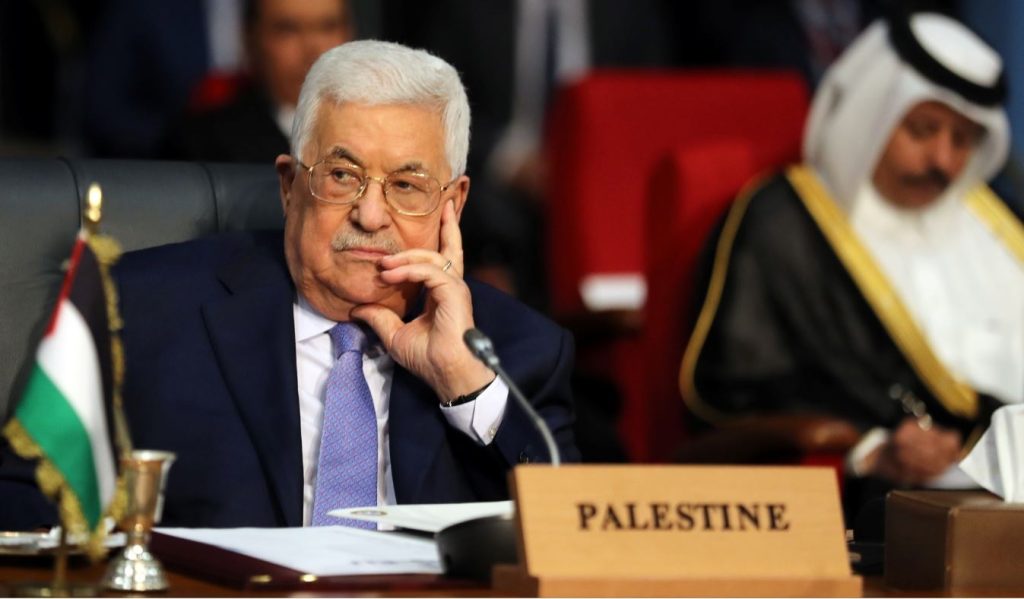Watan–The Israeli Central Court issued a decision rejecting the appeal filed by Tarek Abbas, the son of Palestinian Authority President Mahmoud Abbas, in the defamation case he filed against Israeli scholar Reuven Berko. The case, which stirred widespread controversy, concerns media statements made by Berko that discussed the financial situation of the Palestinian president’s family and their role in the authority.
Tarek Abbas had filed a lawsuit demanding compensation of half a million shekels, following a television interview conducted by Berko. However, the court not only rejected the lawsuit but also ordered Abbas to pay 20,000 shekels in court fees, which was considered a legal and political blow to him and his family.
The case revolves around a television interview in which Berko mentioned that Tarek Abbas owns several companies and that the Abu Mazen family enjoys a massive financial fortune. He also stated that security coordination with Israel is the key factor that maintains the Abbas family’s continued presence in Palestinian Authority areas.

Berko added that the Palestinian president’s family came to power with no possessions but has since become multimillionaires, a statement that sparked widespread debate in both Palestinian and Israeli political circles.
The court clarified that the lawsuit filed by Abbas’s son was based solely on excerpts from the interview and did not consider the full context of the statements. It also confirmed that the interview included praise for the Abbas family, not just criticism, which strengthened the defense’s position in the case.
The newspaper “Israel Hayom” commented on the decision, noting that the core issue in the case was Tarek Abbas’s claim that Berko’s statements depicted him as a collaborator with Israel. However, the ruling was based on a previous decision by the Israeli Supreme Court, which affirmed that describing a person as a collaborator with Israel is not considered defamation under Israeli law.
This ruling comes at a sensitive time for the Palestinian Authority, which is facing increasing political and economic pressures amid rising tensions in the West Bank and Gaza Strip.
